You’ve probably heard and read it so many times already. If you want to lose weight, you need to start counting how many calories go inside your body. Apparently, calories and the amount of intake you give your body everyday is not an indicator of good nutrition.
Contrary to what your mom or grandmother told you, calories are not all equal. Believe it or not, the effect of 50 calories worth of apple is different from 50 calories of Oreo cheesecake from last night’s dinner – and it will show in your body.
You may ask, “How can I lose weight if I don’t count the calories?” Many people ask this question. Counting calories may work – for now. If you really want to lose weight and make sure you are doing it the right the way without compromising your health, then this method simply won’t cut it for the long term.
Here are 10 reasons why counting calories is not the best way to lose weight.
1. All Calories Are Not Equal
 Calories are units of energy provided by different types of food. However, calories provided by a particular food are not all the same.
Calories are units of energy provided by different types of food. However, calories provided by a particular food are not all the same.
It’s like saying diamonds and rhinestone are the same because they both glitter. Or a bag bought from Prada is the same as a plastic shopping bag, since the concept is the same anyway.
Remember the apples and Oreo cheesecake example we mentioned? Calories that come from nutrient-rich foods and junk and processed ones have different effects on your body. When it comes to calories, those that come from nutritious ones are what matters most, which leads us to the next conclusion.
2. Calories From Junk Are Crap, No Matter How Many Calories Are Involved
You already know that calories are not equal. This means anything that goes inside your body have different effects.
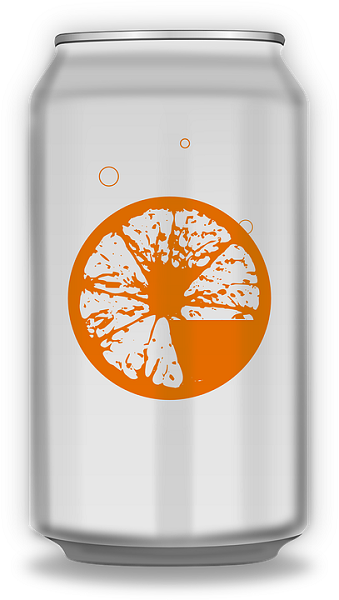 Those that come from nutrient-rich foods minimize your cravings, keep you fuller and maintain your blood sugar levels.
Those that come from nutrient-rich foods minimize your cravings, keep you fuller and maintain your blood sugar levels.
On the other hand, calories from junk and processed food, no matter how little you take in, can create chaos inside your body. Even if it’s just a teaspoon of refined sugar or carbs or a sip of soda, it could spike your insulin, make you crave sweets, and encourage overeating. In other words, nutrient-dense foods can make you blow up naturally – and counting how many calories consumed simply won’t help.
3. Calories Create Confusion Between The Amount Of Food You Eat And Your Hunger Levels
This is the problem with calorie counting – it makes it hard for you to eat when you are hungry, and stop when you are full.
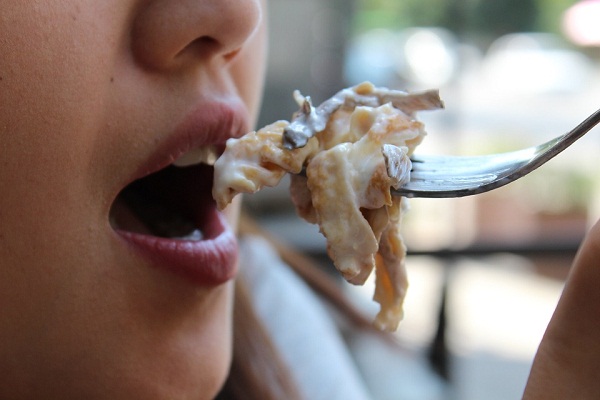 This is because there is a disconnection between these two concepts when you focus too much on calorie counting. At the same time, you are more focused on counting calories than satisfying your hunger.
This is because there is a disconnection between these two concepts when you focus too much on calorie counting. At the same time, you are more focused on counting calories than satisfying your hunger.
Let’s say you only allowed yourself 800 calories everyday. Since that is your limit, you prevent yourself from eating more than that and wait for the following day to satisfy hunger. Eventually, you teach your body not to be satisfied with food and you end up feeling hungry all the time until later on, you will say, “Forget this,” and resort to binge eating.
On the other hand, sticking to planned meals allows you to distribute calories wisely. This is healthier, more nutritious and less prone to binge eating.
4. Counting Calories Prevents Your Body From Getting the Nutrients It Needs
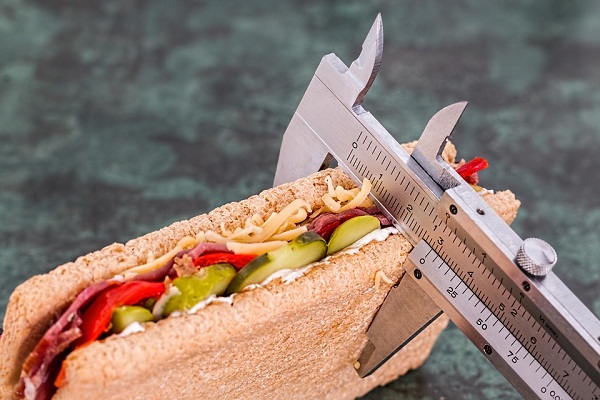 Admit it – you paid for those portion-controlled, microwaveable meals. You need to lose weight. This requires extreme measures, right?
Admit it – you paid for those portion-controlled, microwaveable meals. You need to lose weight. This requires extreme measures, right?
Well, here’s the truth: tracking everything that goes inside your body will make you feel in control with your food. However, this does not mean you are giving your body enough nutrients it needs to function well.
Because you are busy counting calories, you may not notice that what you are eating is full of chemicals, allergens, GMOs and other toxic ingredients that don’t supply your body with enough protein, fiber and carbohydrates. Instead of transforming yourself into a healthier you, you end up hungrier, mentally foggy and weak.
Well, at least you know how much calories you are getting, right? The question now is at what expense to your health?
5. Counting Calories Makes You More Obsessed With Food
Which is unhealthy, by the way. Just like what George Fear once said, “Counting calories makes you look at them as a scarce resource,” which is quite ironic, since food is abundant these days.
 Unfortunately, too much counting can turn into an obsession. Instead of worrying about how much nutrition you are getting, all you care about is whether you can substitute one food with other food options that are lower in calories.
Unfortunately, too much counting can turn into an obsession. Instead of worrying about how much nutrition you are getting, all you care about is whether you can substitute one food with other food options that are lower in calories.
Food is something everyone should enjoy, including you. Yes, it all boils down to choices. However, when your brain is constantly thinking about managing your calorie intake instead of nutrition, it would be difficult for you to think about something else, something more positive and healthy except that math equation.
Oh, and this is not a healthy form of obsession, too, and could make you more prone to serious eating disorders.
6. Counting Calories Can Be Socially Restrictive
Think about this: one Friday night, your colleagues decide to have a dinner out. Since you don’t want to be left behind, you go with them.
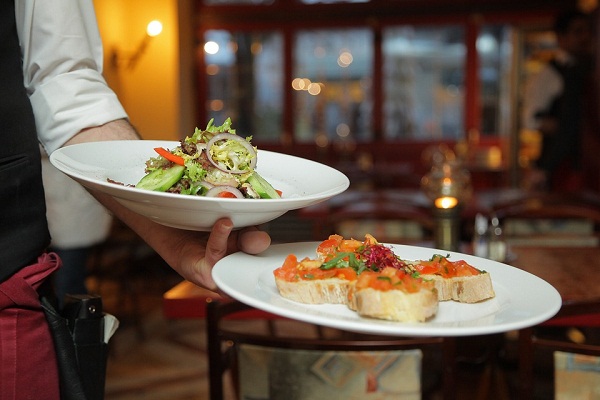 The dilemma now is, how are you going to count calories, when you have no idea how that restaurant meal was prepared? So the next time your girlfriends ask you out, you say no.
The dilemma now is, how are you going to count calories, when you have no idea how that restaurant meal was prepared? So the next time your girlfriends ask you out, you say no.
After all, counting calories has been a part of your routine. Plus, eating for social reasons is not a healthy habit, right?
Fine, you have a point. However, don’t isolate yourself just because you need to meet only this amount of food everyday. You should be able to go to dinners, parties and social events occasionally without feeling guilty. Instead of asking how much calories the roasted chicken has, think about how delicious it tastes.
The bottom line is to enjoy both your company and food without feeling guilty or obsessing how much you are eating.
7. It’s All About The Plates
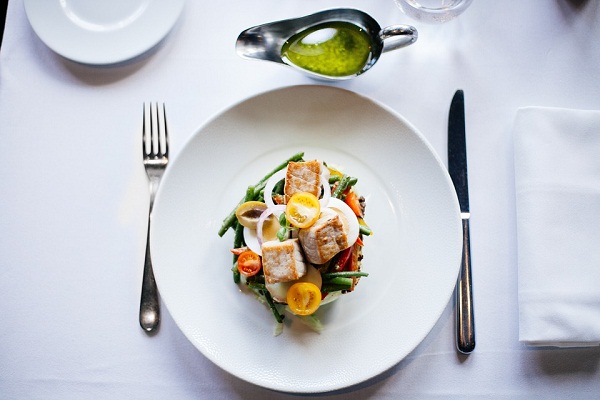 If you are worried about calories, what do you think is the easiest way to limit portion sizes and keep your weight at bay? Use smaller plates, of course.
If you are worried about calories, what do you think is the easiest way to limit portion sizes and keep your weight at bay? Use smaller plates, of course.
Fact: the human brain is the most complex organ in your body. Even experts have not yet fully uncovered how the brain works. However, one thing is for sure – you can control your eating behavior by tricking your brain.
This is where small plates come in. The larger your plate is, the higher the tendency of eating more because of the space. On the other hand, if you use smaller plates, you are able to trick your brain into feeling less hungry and more satisfied. Plus, you get to reduce food servings since there not much space left on your plate. Weird but yes, it really works.
8. Low Energy Density And Fiber Foods Are The Best Way To Go
 Do you want to know another reason why you need to stop counting calories? There are so-called fiber-rich foods and food with low energy density that makes you feel fuller without compromising the caloric intake.
Do you want to know another reason why you need to stop counting calories? There are so-called fiber-rich foods and food with low energy density that makes you feel fuller without compromising the caloric intake.
When it comes to these kinds of foods, fruits and vegetables with high water content should be on the top of your list. Based on studies, those who eat less energy dense foods lose more weight than dieters who prefer high energy density foods.
Aside from high water content, vegetables are also rich in soluble fiber. This means that once broken down, they produce a fatty acid called butyrate, which is shown to have anti-obesity effects. Well, at least when tested on rats. Still, it won’t hurt if you include it in your daily diet rather than counting calories, right?
9. Counting Calories Is A Perfect Excuse To Eat More Junk
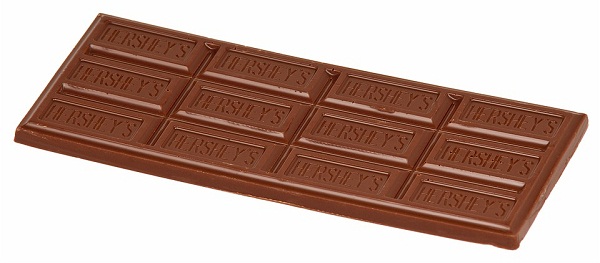 Fine, you don’t do this. However, there are people who consider calorie counting as an excuse to eat a king-sized bar of Hershey’s chocolate, since it is within their calorie goals.
Fine, you don’t do this. However, there are people who consider calorie counting as an excuse to eat a king-sized bar of Hershey’s chocolate, since it is within their calorie goals.
For example purposes, say a bar of Hershey’s has 200 calories and you restrict yourself to 800 calories. What’s left is 600 more calories, which you can distribute to other food groups, often unhealthy ones.
If you really want to keep it healthy, then increase your intake of healthy foods, such as fruits, vegetables and lean meats. Yes, you can still eat small amounts of processed foods. However, your main diet should focus on the healthy foods.
10. Counting Calories Is Not The Ultimate Way To Be Lean And Healthy – Forever
 Of course, calories count. In fact, you need it to check your food intake and how much junk is going inside your body. However, this is not how to be healthy.
Of course, calories count. In fact, you need it to check your food intake and how much junk is going inside your body. However, this is not how to be healthy.
At the same time, obsessing yourself with numbers instead of healthy versus junk won’t bring you anywhere.
If you consider the long-term effects of dieting, then you have to stop counting now. Focus on the healthier side of the scale, which includes lean protein, non-refined carbohydrates, fiber-rich foods and a little amount of healthy fats. Then combine a nutritious diet with regular exercise and adequate sleep. You will see the effects in the long run.
So, are you ready to free yourself from counting calories?
